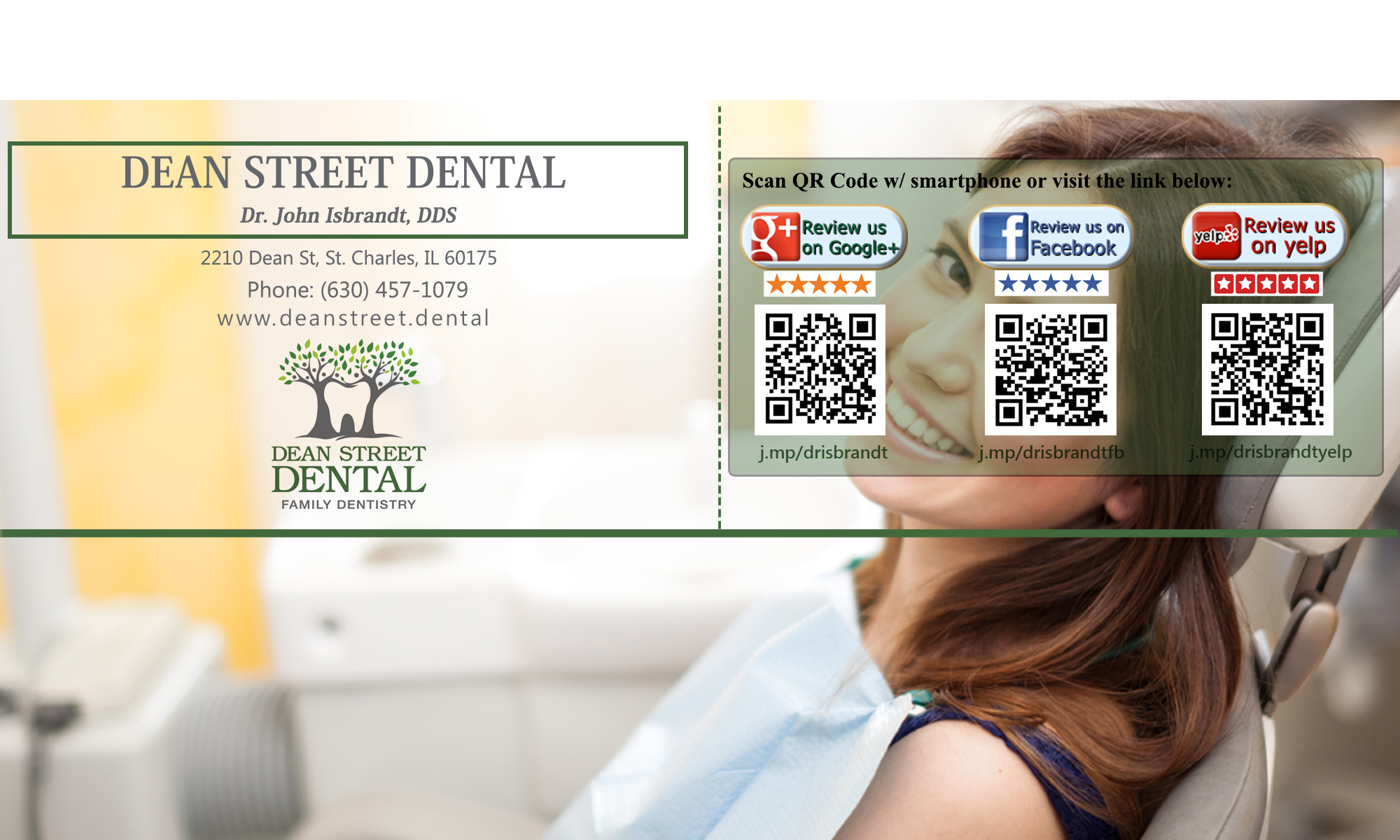Your smile makes a huge difference to what people think about you and how you feel about yourself.
And there are many options available to help you improve the look and brightness of your smile, including:
In-office bleaching: During chair-side bleaching, the dentist will apply either a protective gel to your gums or a rubber shield to protect the oral soft tissues. A bleaching agent is then applied to the teeth, and a special light may be used to enhance the action of the agent.
At-home bleaching: There are several types of products available for use at home, which can either be dispensed by your dentist or purchased over-the-counter. These include peroxide bleaching solutions, which actually bleach the tooth enamel. Peroxide-containing whiteners typically come in a gel and are placed in a mouth guard.
Whitening toothpastes: All toothpastes help remove surface stain through the action of mild abrasives. “Whitening” toothpastes include special chemical or polishing agents that are more effective at removing stains. However, unlike bleaches, they don’t alter the intrinsic color of teeth.
Start by speaking to your dentist. He or she will tell you if whitening procedures would be effective for you as whiteners may not correct all types of discoloration.
